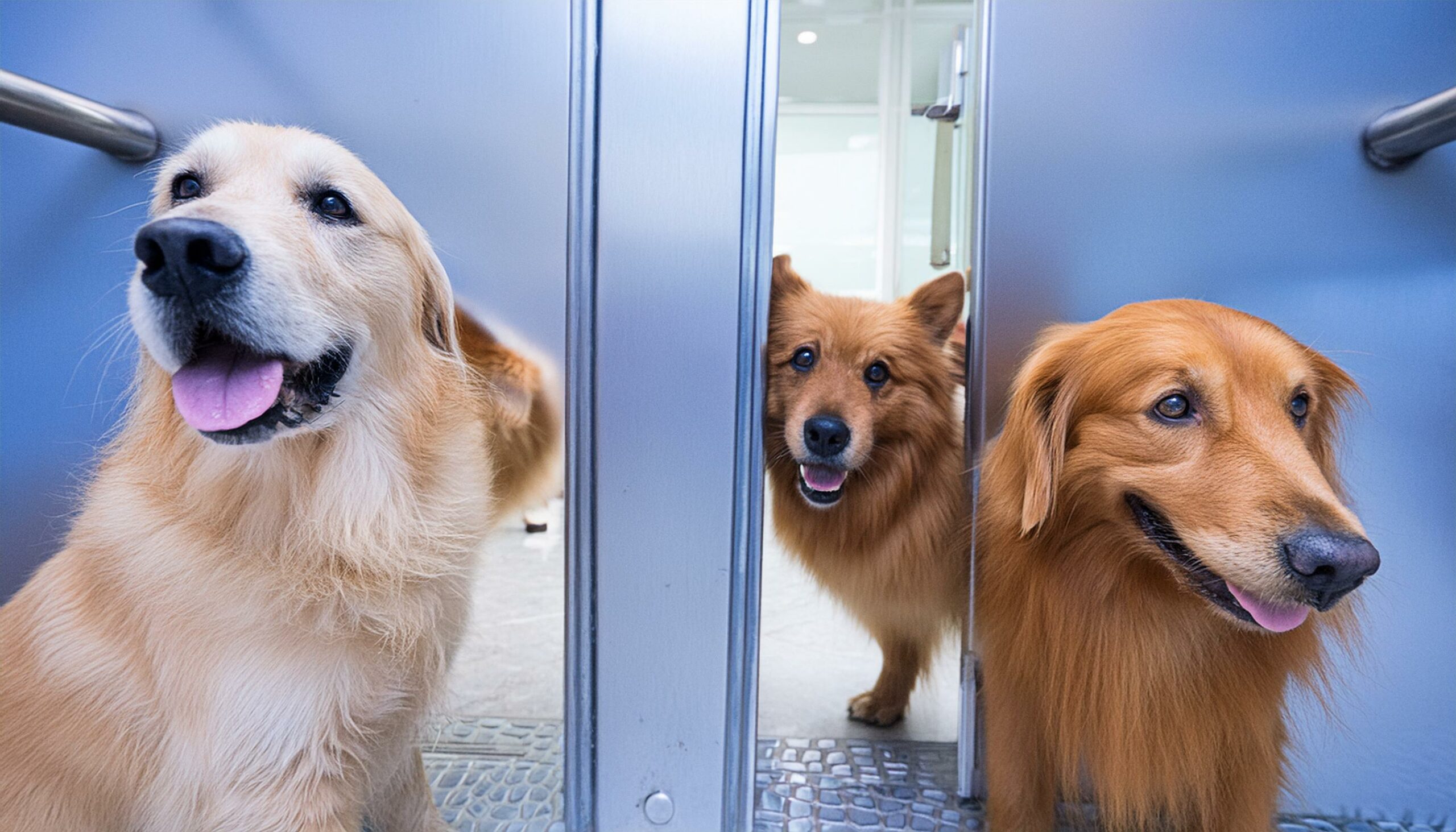Golden Retrievers are large-sized dogs with a hearty appetite. They require a balanced diet to maintain their energy levels, support healthy growth, and prevent health issues. However, like humans, they can develop sensitivities to certain foods, which can lead to discomfort and health problems if not addressed.
Understanding Food Sensitivities in Dogs
What Are Food Sensitivities?
Food sensitivities occur when a dog’s immune system reacts negatively to specific ingredients in their diet. Unlike food allergies, which involve an immediate and often severe reaction, food sensitivities manifest over time and may not be immediately apparent.
Common Food Sensitivities in Dogs
Dogs can be sensitive to various ingredients commonly found in commercial dog food, including grains, dairy products, soy, and certain proteins. Identifying these sensitivities is essential for ensuring their dietary needs are met without causing adverse reactions.
Identifying Signs of Food Sensitivities in Golden Retrievers

Physical Symptoms
Golden Retrievers may exhibit physical symptoms such as gastrointestinal issues (diarrhea, vomiting), skin problems (itchiness, redness, hot spots), and ear infections.
Behavioral Changes
Changes in behavior, such as lethargy, irritability, or changes in appetite, can also indicate food sensitivities in Golden Retrievers.
Foods Golden Retrievers Are Commonly Sensitive To
Grains
Many commercial dog foods contain grains like wheat, corn, and soy, which can trigger sensitivities in some Golden Retrievers.
Dairy Products
Lactose intolerance is common in dogs, and dairy products like milk and cheese can cause digestive upset and discomfort.
Soy
Soy is a common allergen in dog food and may cause allergic reactions or sensitivities in Golden Retrievers.
Certain Proteins
Proteins like beef, chicken, and lamb are common sources of sensitivities in dogs. Opting for novel protein sources can help alleviate these issues.
Impact of Food Sensitivities on Golden Retrievers’ Health
Untreated food sensitivities can lead to chronic health problems, including skin infections, ear infections, and gastrointestinal issues. Proper management is crucial for maintaining their overall health and quality of life.
How to Manage Food Sensitivities in Golden Retrievers
Switching to Hypoallergenic Diets
Hypoallergenic dog foods are formulated with limited ingredients to minimize the risk of triggering sensitivities. Switching to these diets can provide relief for Golden Retrievers with food sensitivities.
Elimination Diets
Identifying the specific ingredient causing the sensitivity may require an elimination diet, where potential allergens are gradually reintroduced to pinpoint the culprit.
Consulting with a Veterinarian
A veterinarian can help diagnose food sensitivities in Golden Retrievers through various tests and recommend appropriate dietary changes or medications.
Tips for Preventing Food Sensitivities in Golden Retrievers
Reading Ingredient Labels
Carefully reading ingredient labels can help identify potential allergens and avoid feeding them to Golden Retrievers.
Avoiding Common Allergens
Avoiding common allergens like grains, dairy, and certain proteins can reduce the risk of developing food sensitivities in Golden Retrievers.
Conclusion
Understanding which foods Golden Retrievers are sensitive to is essential for their health and well-being. By identifying and managing food sensitivities, pet owners can ensure their furry companions lead happy, healthy lives free from dietary discomfort.
